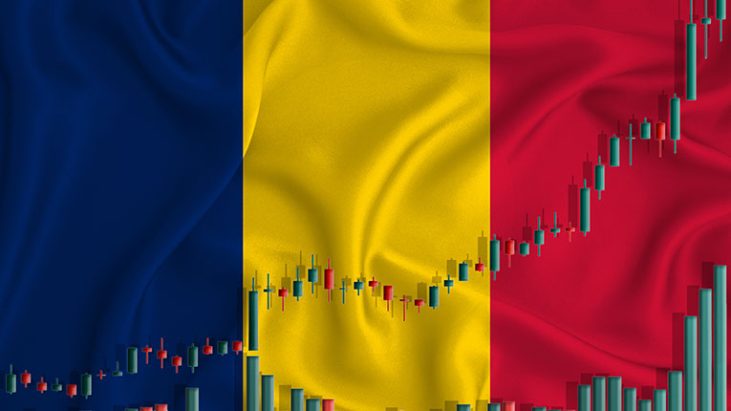Last year, E.ON Romania paid 1.8 billion lei (about 371 million euro) to the state and local budgets, 80% more than in 2021, according to Volker Raffel, CEO of E.ON Romania.
“We are one of the biggest taxpayers in Romania to the state and local budgets. Last year, we paid 1.8 billion lei (about 371 million euros), 80% more than in 2021! We are also an important partner for around 2,000 suppliers, so we directly and indirectly support thousands of jobs.
This is not a balance sheet I thought of doing in the middle of summer, but facts that clearly answer a question I’ve been hearing lately: “How have you been making losses if energy prices have been so high and did you have a higher turnover than in previous years?
We have recently seen, in the public space, debates that try to validate the idea that, in these difficult times, multinational companies report zero profit or losses as a ploy to avoid paying taxes to the state budget. If such situations exist, I am convinced that the state authorities are doing everything necessary to restore legality. But it is absolutely incorrect to generalize and stigmatize companies that behave correctly,” said Volker Raffel on E.ON’s official social media page.
“I would like to make some clarifications related to the e.on companies, to look at things in the correct context.
Let’s remember what we’ve all been through. Last year was by far the most difficult of the last 18, since E.ON has been present in Romania. We have gone through the worst crisis in the energy market, which has affected the whole world. A crisis that is not yet over.
The state had to intervene to deal with the social and economic impact of the unprecedented increase in energy prices. In order to ensure energy for our customers, we had to buy electricity and gas at market prices, prices several times higher, from Romanian producers or importers, and due to the ceiling these costs were not reflected in the price paid by the end customer. The costs of purchasing the energy delivered have not been recognized in full. This explains why the turnover was 13.7 billion lei, but this money went almost entirely on payments to others: energy producers and importers, transporters, distributors, the state, green certificates, taxes cogeneration etc. Practically, the supplier only has a very small part left to cover their operating costs (IT systems, invoicing, sending invoices, investments, call center, stores, etc.). At the same time, we paid taxes and are still paying interest on the loans we took out to be able to continue the business.
The state has reimbursed us only part of the money we are owed. This money is not a gift to us! It is the money that the state has committed to pay the suppliers, money that we have secured from our own sources and from burdensome credits to support the energy price compensation/ceiling schemes.
This is how we ended up recording the biggest losses since E.ON entered the market 18 years ago. No profits and no transfer of profits to shareholders, and the freeze on distribution company tariffs further worsened the financial situation.
But we kept our side of the deal and still managed to keep electricity and gas supplies to 3.4 million customers and invest in networks.
The outlook is now somewhat better, but the energy market crisis is not over yet. We need to be cautious about thinking that support schemes will disappear. And we have to think together with the authorities how this will happen. That’s why, before the rules change again, a proper consultation period is necessary to avoid new disturbances or market blockages, as we have seen in the past,” added the CEO of E.ON Romania.
